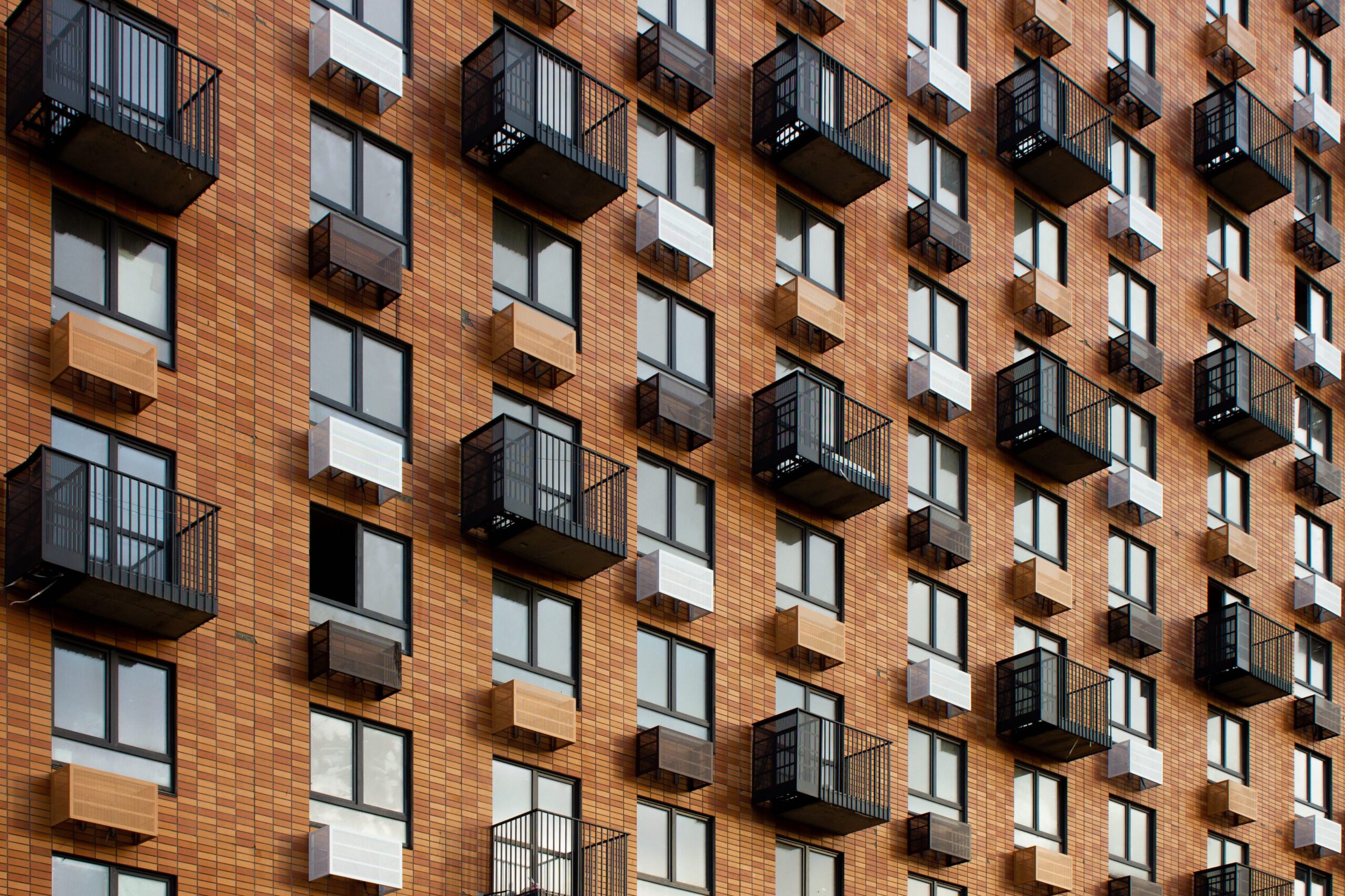The EU plans for green, climate-neutral cities come with great opportunities but also with fears of displacement and evictions for local citizens who are left with the added cost. Human rights organizations urge the building industry to take responsibility.
As the world struggles with the urgent need to address climate change and reduce greenhouse gas emissions, the transition to a more sustainable and greener built environment has become paramount. The development will, in the future, be a balancing act between ensuring that affordable housing is accessible to all citizens while promoting environmentally sustainable cities.
In the realm of human rights, a place to call home and the issue of affordable housing stands as a cornerstone of a fair and equitable society, says Andreia Fidalgo, programme manager from the Institute for Human Rights and Business (IHRB) who works to mitigate risks to human rights and maximize social outcomes throughout the built environment lifecycle.
She points out that its significance goes beyond the confines of brick and mortar and reverberates in the areas of health, education, and overall well-being of individuals and communities.
Upscaling Can Drive Up Costs
In today’s society, where property investments for economic gains have become the norm, the basic human right to affordable housing is increasingly under threat. Now, the climate crisis and the need for a green transition have added an extra layer of challenge As traditional materials are often cheaper than sustainable ones, the added costs for developers have to be covered somehow.
Financing affordability housing and retrofitting them for a greener future comes with the need for government and private actors in the housing sector to act responsibly, says Andreia Fidalgo and points out that while environmental upgrades in the building industry are indispensable for a sustainable future, this might inadvertently drive up housing costs.
Sam Freeman, Director of legal research and advocacy at The Shift, echoes Fidalgo and says that the lack of housing security and the newly added cost will, if not addressed in time, lead to increased displacement, morbidity, mortality, and poverty.
Climate-Neutral Cities by 2030
The green transition in cities in the EU is not a matter of choice. The objectives have already been laid out by the EU, aspiring to become the first climate-neutral continent in 2050, with an initial goal of reaching 100 climate-neutral cities in 2030.
Maria Vassilakou, CEO of Vassilakou Urban Consulting and Former Deputy Mayor of Vienna, acknowledges that these goals are attainable but says they come with a significant price tag. She cites an estimated cost of €10,000 per citizen to facilitate this transition.
While many cities view these goals as an opportunity to pursue ambitious emissions reductions and pioneer innovative approaches with the involvement of citizens and stakeholders, Vassilakou acknowledges the challenge of ensuring that upscaling and retrofitting meet the EU standards without increasing inequality and displacement that human rights organizations like IHRB and The Shift are warning against.
Addressing Ownership Concerns and Scaling Up
Vassilakou stresses the importance of addressing typology and ownership concerns, particularly in owner-occupied housing units. She points to the necessity of reevaluating contracting models in social housing and the financial hurdles that private households may encounter when attempting to access loans.
Moreover, Vassilakou advocates scaling up pilot projects and implementing widespread retrofitting initiatives while also pursuing new approaches, such as involving communities through crowdfunding and new innovative construction practices.
Collective Commitment: Paving the way forward
In this era of dual imperatives ensuring affordable housing as a fundamental human right while simultaneously pursuing sustainability goals, it becomes increasingly clear that innovation and audacity are not optional but imperative.
For organizations like IHRB and The Shift the aspirations lie in shifting the spotlight toward climate-related human rights issues in the built environment, urging urban developers to embrace social responsibility. Achieving these goals entails more than just well-intentioned endeavors; it calls for bold government regulations, the adoption of new financial methods, and innovative green building methods.
In a united effort, the potential lies in constructing not just dwellings but a future where housing is an inherent right, sustainability is the prevailing culture, and equity becomes the stable foundation of our societies.
___
Photo: Tanya Kukarkina
The dilemmas in this article were discussed at the Urban Partnership BLOXHUB workshop “Financing Affordable Housing in the Green Transition,” a collaborative between BLOXHUB, the Institute for Human Rights and Business (IHRB), convened experts, advocates, and stakeholders, September 2023.



